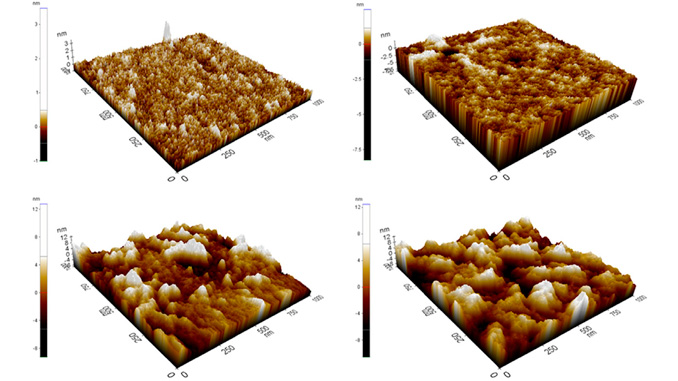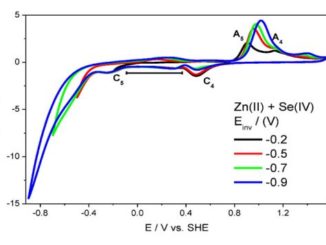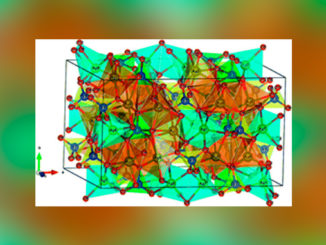
Writers: Marina Piacenti-Silva, Adriana Arruda Matos, João Vitor Paulin, Rafaela Alves da Silva Alavarce, Rodrigo Cardoso de Oliveira, Carlos FO Graeff
Keywords: biocompatibility; melanin; polymer; bioelectronics
Abstract: Biocompatibility tests were performed for melanin synthesized in water (W-Mel) and dimethylsulfoxide (D-Mel) aiming to evaluate its potential for bioelectronics application. In vitrobiocompatibility of melanin was assessed using crystal violet assays with fibroblast cells (NIH3T3) cultured with W-Mel and D-Mel extracts in various dilutions. The results show that a high concentration of melanin kills the cells. However, after periods of 48 h incubation, cell viability is significantly favored after treatment with D-Mel at low concentrations (1:16, 1:32 and 1:64), as opposed to treatment with W-Mel extracts. Cellular adhesion tests show that fibroblast cells adhere to melanin thin films. These results show that D-Mel may be an interesting material for application in bioelectronic devices targeted for implants.




